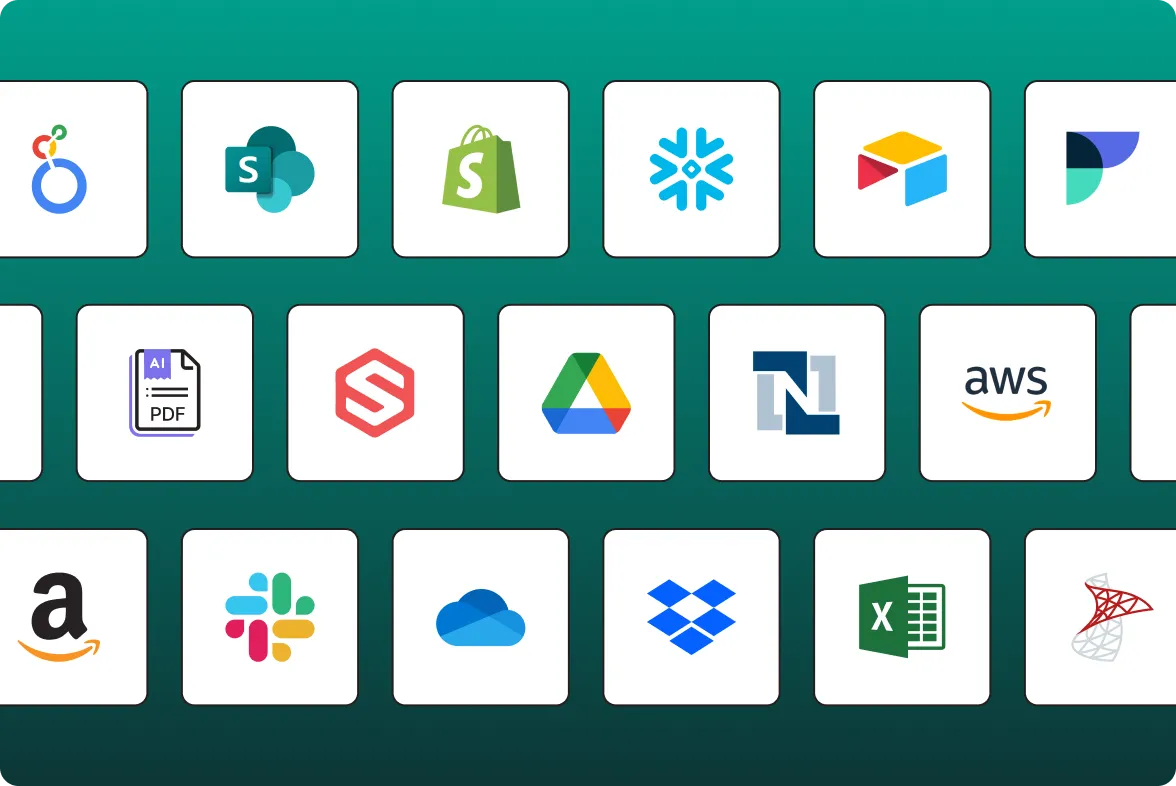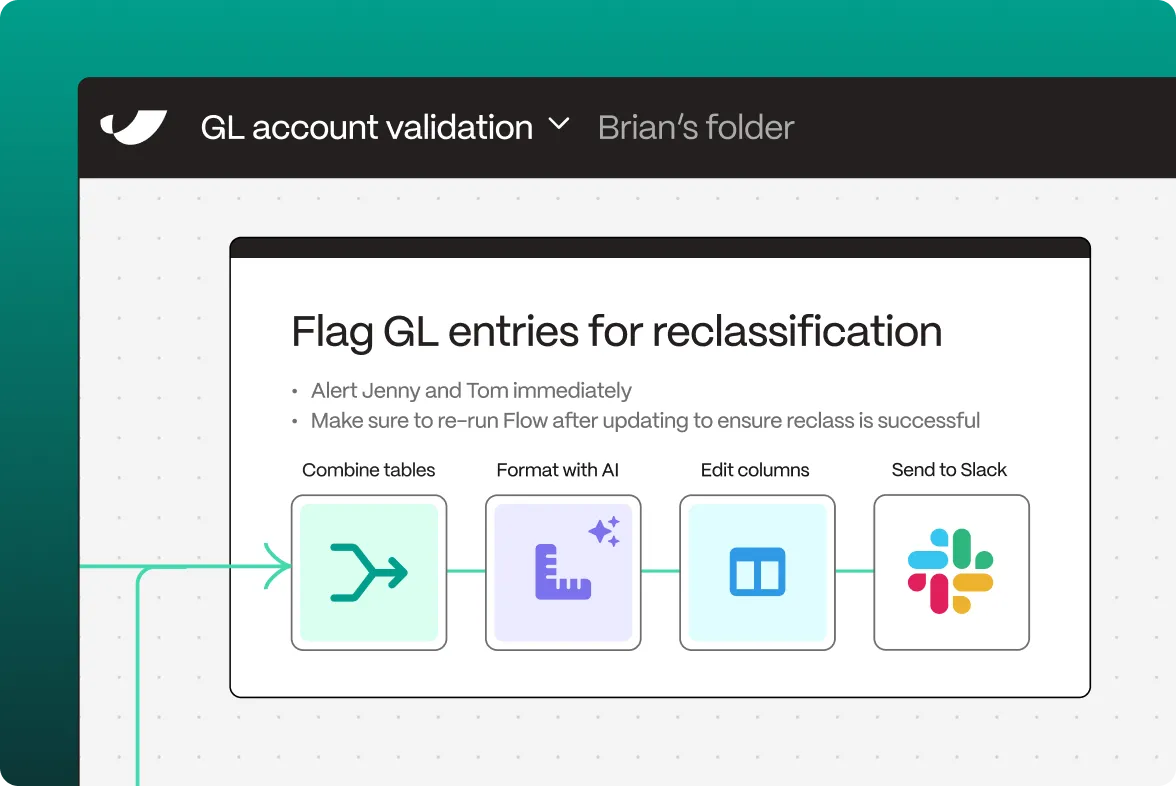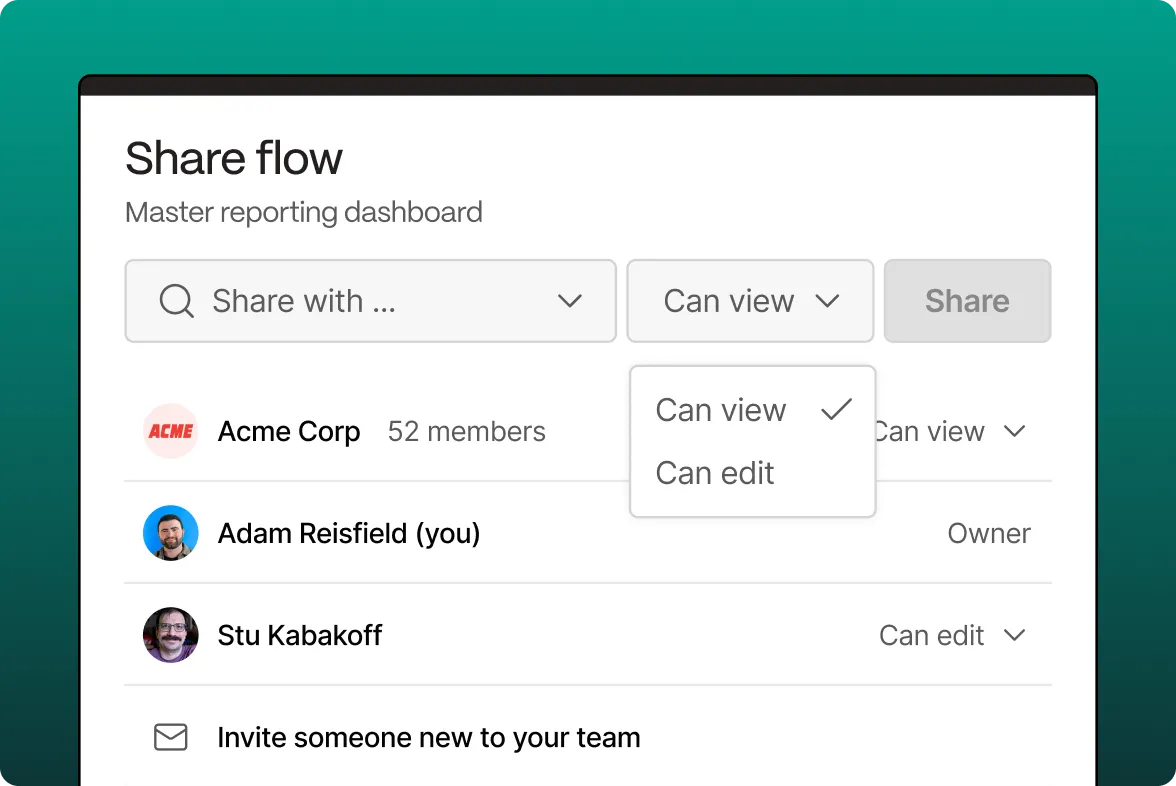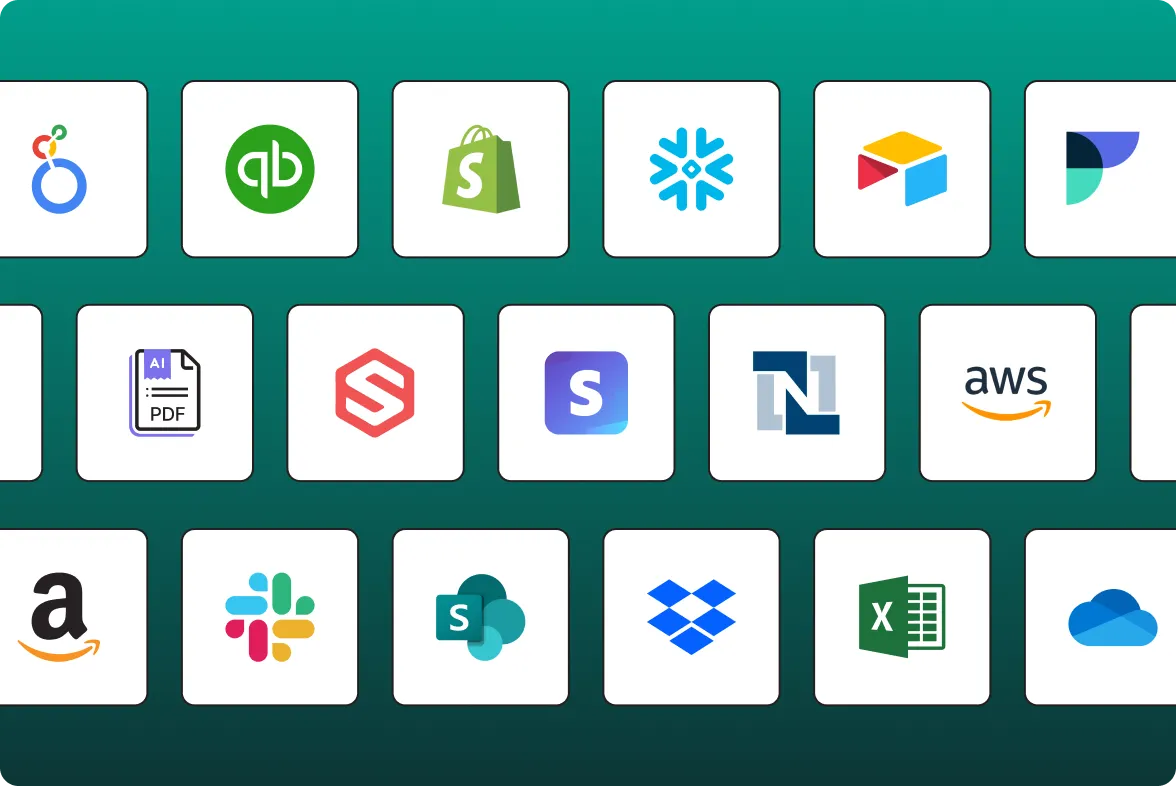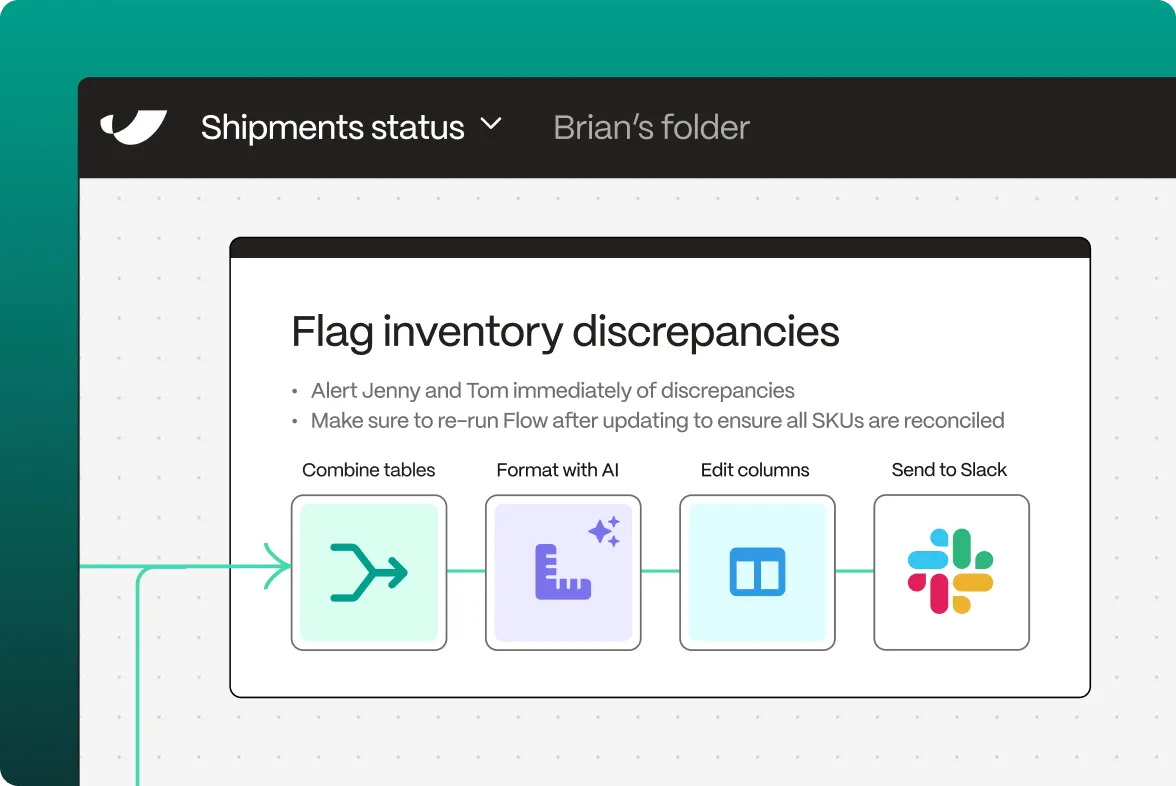Connecting via API with with Locus enables businesses to automate their last-mile logistics operations through an AI-powered dispatch management platform. This sophisticated API allows organizations to optimize their delivery operations while leveraging machine learning for route optimization and dispatch automation.
How do I connect via API?
- Connect your Locus account to Parabola through the API page
- Authenticate using your credentials and configure API permissions
- Select desired data streams (delivery data, route optimization, dispatch information, etc.)
- Configure your flow in Parabola by adding transformation steps
- Set up automated triggers for real-time data processing
What is Locus?
Locus is an advanced logistics platform that specializes in last-mile optimization and dispatch management. The platform leverages artificial intelligence and machine learning to provide sophisticated route optimization, real-time tracking, and automated dispatch solutions for complex delivery operations.
Their technology infrastructure emphasizes intelligent automation and scalability, enabling organizations to manage large-scale delivery operations efficiently. Through advanced algorithms and real-time processing capabilities, Locus helps businesses optimize their last-mile operations while improving customer experience.
What does Locus do?
Locus transforms last-mile logistics through a comprehensive suite of solutions that address modern delivery challenges. The platform provides sophisticated tools for route optimization, dispatch automation, and delivery tracking, while maintaining real-time visibility across the entire delivery network.
The system's execution capabilities extend beyond basic routing to include advanced features like dynamic fleet optimization, automated territory planning, and predictive analytics. Through their AI-powered platform, organizations can optimize complex delivery operations while maintaining high service levels and cost efficiency.
What can I do with the API connection?
Route Optimization
The API enables organizations to create sophisticated routing workflows that improve delivery efficiency and reduce costs. Advanced algorithms analyze historical patterns, real-time conditions, and delivery constraints to generate optimal routes. Real-time monitoring enables dynamic adjustments to changing conditions.
Dispatch Automation
Through Parabola's connection, businesses can implement comprehensive dispatch management processes that optimize resource allocation and delivery scheduling. The system automatically assigns deliveries to appropriate resources while considering factors like skills, vehicle capacity, and service level requirements.
Performance Analytics
The combination of Locus's extensive delivery data and Parabola's analysis capabilities enables sophisticated performance monitoring. Organizations can automatically generate detailed reports on delivery efficiency, resource utilization, and service level compliance, facilitating continuous improvement in last-mile operations.

